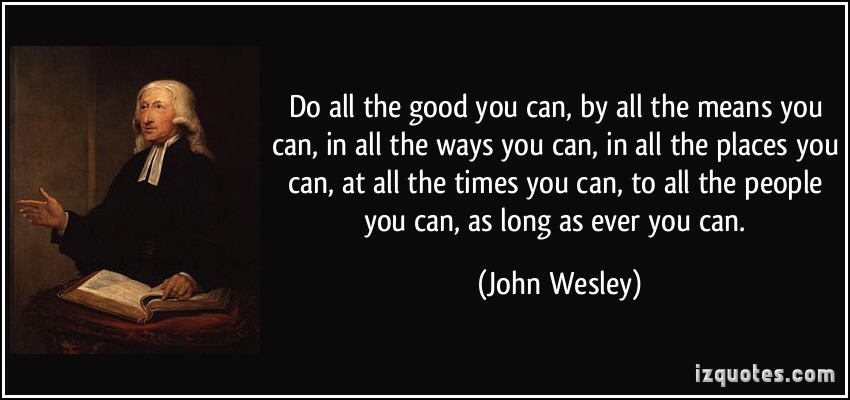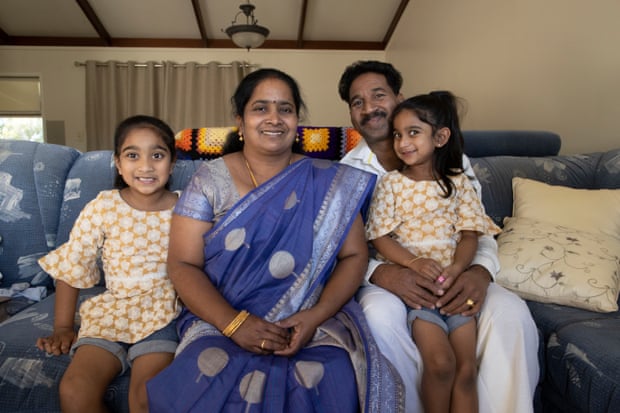
The data from the latest 2021 Australian Census published this week shows a continuing decline in the number of people who identify as Christian and a corresponding increase in the number who identify as no religion. In some ways this simply continues the trend that began in the 1970s and is therefore hardly surprising. On the other hand, the data suggests that people who may identify themselves as ‘spiritual’ do not want to become involved with institutional Christianity.
Why is this? It may be due to past appalling conduct perpetrated by the church (e.g. child sexual abuse) but may also reflect the declining levels of trust in all institutions by younger generations, whether the church, the scouting movement, community groups such as Rotary or various levels of government. It may also be due to a perception that Christian beliefs are illogical and irrelevant to contemporary life.
But perhaps we shouldn’t be too perturbed by the Census data. Back in the day when the New Testament was written, the Christian proportion of the population was quite small and was competing against many other faiths and belief systems. When we read the writings of people like the apostle Paul he was certainly keen to get the church’s theology right, but he was also passionate about the followers of Jesus living in such a way that their faith practices were noticed and made a difference to the people around them.
So in this week’s reading from Galatians 6 for instance, Paul implores the people of God to do good to all and to never tire of doing good. Paul hoped that the consistent loving actions of Christians would establish their reputation as good citizens who helped the most needy in society and who looked after their own with compassion. John Wesley expressed this same idea in the memorable way as above. May we indeed do all the good we can … to all the people we can … for as long as ever we can.




